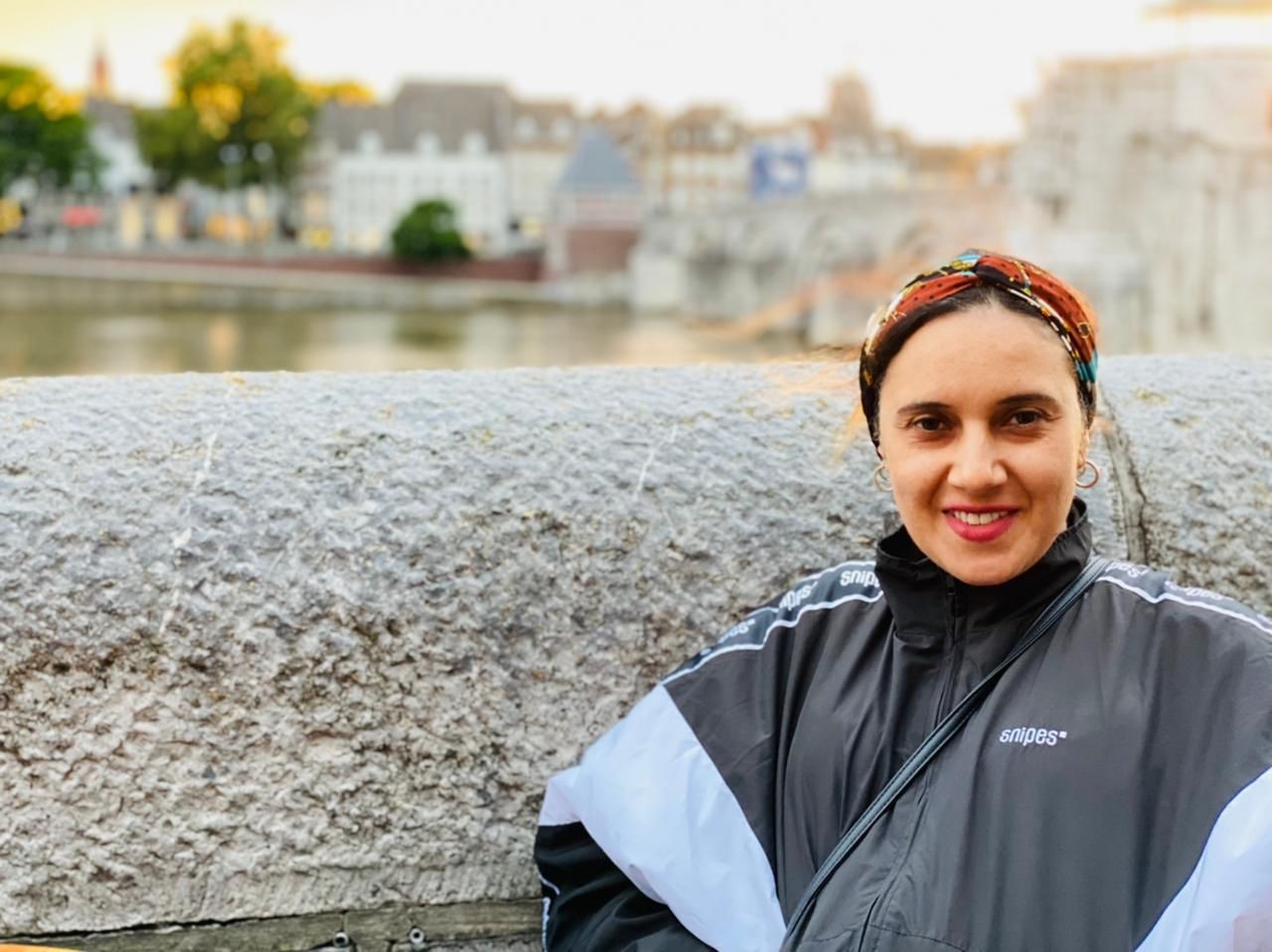Meet our founder of the week: Direxiona’s Nayrouz Talaat

OUR FOUNDER OF THE WEEK- Nayrouz Talaat, founder and CEO of Direxiona (LinkedIn).
My name is Nayrouz Talaat, and I’m the CEO and founder of Direxiona. I was a business journalist for the better part of my professional career. I took several entrepreneurship-related courses including marketing, finance, and leadership, before starting my entrepreneurial journey in 2016. My love of business inspired me to pursue an MBA with a specialization in digital economy from Mastricht’s School of Business, which I completed in 2021.
I decided to start a business of my own after attending several entrepreneurial events, including the annual RiseUp Summit, where I witnessed firsthand the impact entrepreneurs have in terms of solving real life problems through their startups. I fell in love with the impact side of the equation, so I decided to embark on an entrepreneurial adventure of my own in the hope of solving a problem no one else was tackling.
Direxiona, launched in 2017, is the first tech-enabled platform in Egypt to connect women and men who want to learn how to drive with the nearest professional instructor. We utilize tech to educate our users about the ins and outs of safe driving, so they can pass their driving exams, and ultimately become more confident behind the wheel. We do this through structured curriculums.
I initially started the business to help break down the stereotype that all women are bad drivers. Because we are often ridiculed for our driving skills, I initially decided to launch Direxiona as a platform that helps women become more confident, capable drivers. I personally faced a lot of negativity in the streets of Om el Donia, and I didn’t want Egyptian ladies to have to go through that as well. Direxiona has evolved since then, and we now cater to both men and women who want to learn to drive.
One of the main problems we faced initially was finding female instructors to teach our female users. Because we launched Direxiona with women in mind, we knew they would feel more at ease if they were being taught by female instructors. The problem was that demand for female instructors far outstripped the supply. We solved this problem by training women to become instructors. We currently have qualified instructors from both genders so we can better serve the needs of our users.
To focus on my entrepreneurial journey, I had to give my startup two valuable resources: my time and my social life. The startup challenge is huge. It’s safe to say that I missed out on a lot of family time, and sacrificed a lot of social gatherings to focus on my business. My journey was particularly challenging because I was simultaneously focused on my startup , and on my career as a business writer. So I had my foot in both camps, and had to juggle both at the same time, which was tiring to say the least. However, when the business started getting recognition locally and internationally, all the hard work became worth it. I love the fact that we’re helping make people’s lives easier; that’s the best part of the job.
One of the challenging parts of the job is the difficulty of leading people from diverse backgrounds. Another challenge is funding, especially because Direxiona is a self-funded startup. We won a few competitions such as the Innovation Arena, and the EGP 80k prize money helped us a bit in terms of financing. We also received two grants, one worth EUR 15K from the French Development Agency, and another one worth EUR 9K from Enpact. One of our main priorities now is to partner with angel investors and VCs for future funding, which will be important to ensure the company’s survival.
The most important KPIs I focus on include keeping track of customer feedback. Customer satisfaction is paramount for us. We also observe the performance of our driving instructors and how many hours they spend teaching our clients, among other things. We also monitor our company’s sales performance.
Our short-term goal at Direxiona is to keep developing our app and enhance our services. We currently operate in Cairo and Giza, and our long-term goal is to expand locally, and serve clients all over Egypt, before expanding regionally.
If I had to do it all over again, I would not go for the self-funded route again. I would advise would-be founders against bootstrapping. Being backed by investors, and having capital at your disposal from the onset provides founders with a certain degree of freedom and security.
A startup that I think is killing it is Orcas. They are super impactful, and their model is very unique.
My advice for any would-be founder? Surround yourself with the right team, set a realistic plan for growth, and do your homework diligently when it comes to market research. Founders have to study the market and understand the models of their competitors.